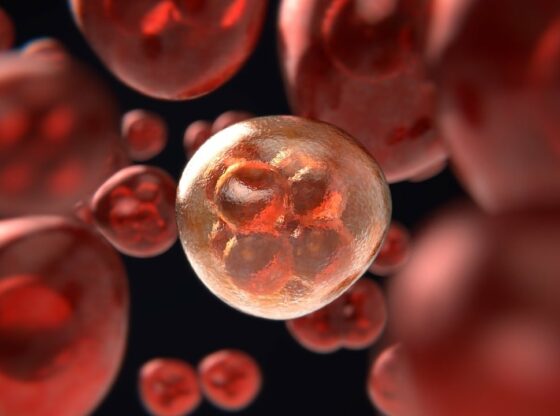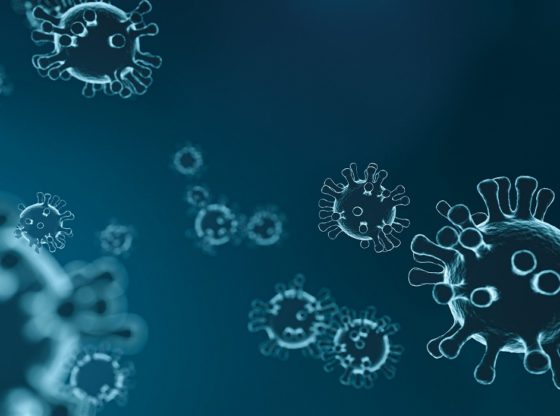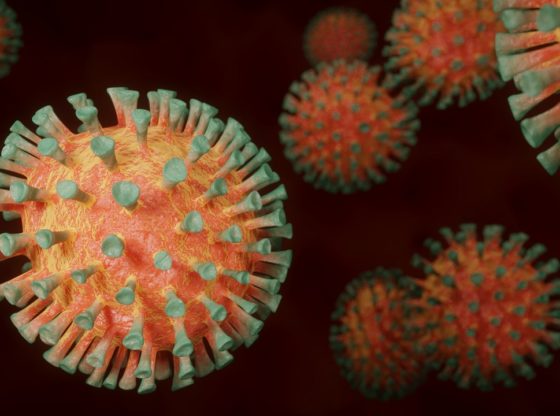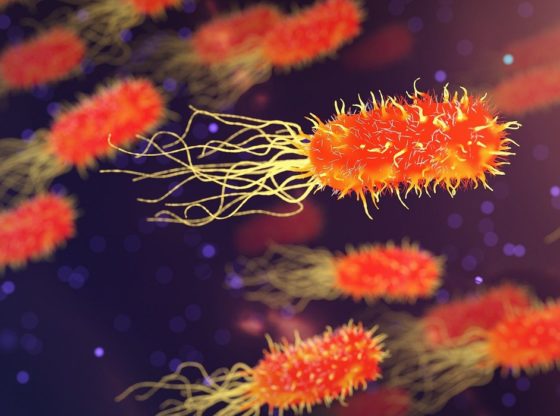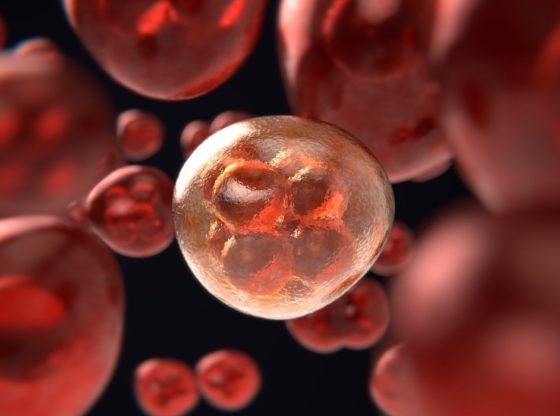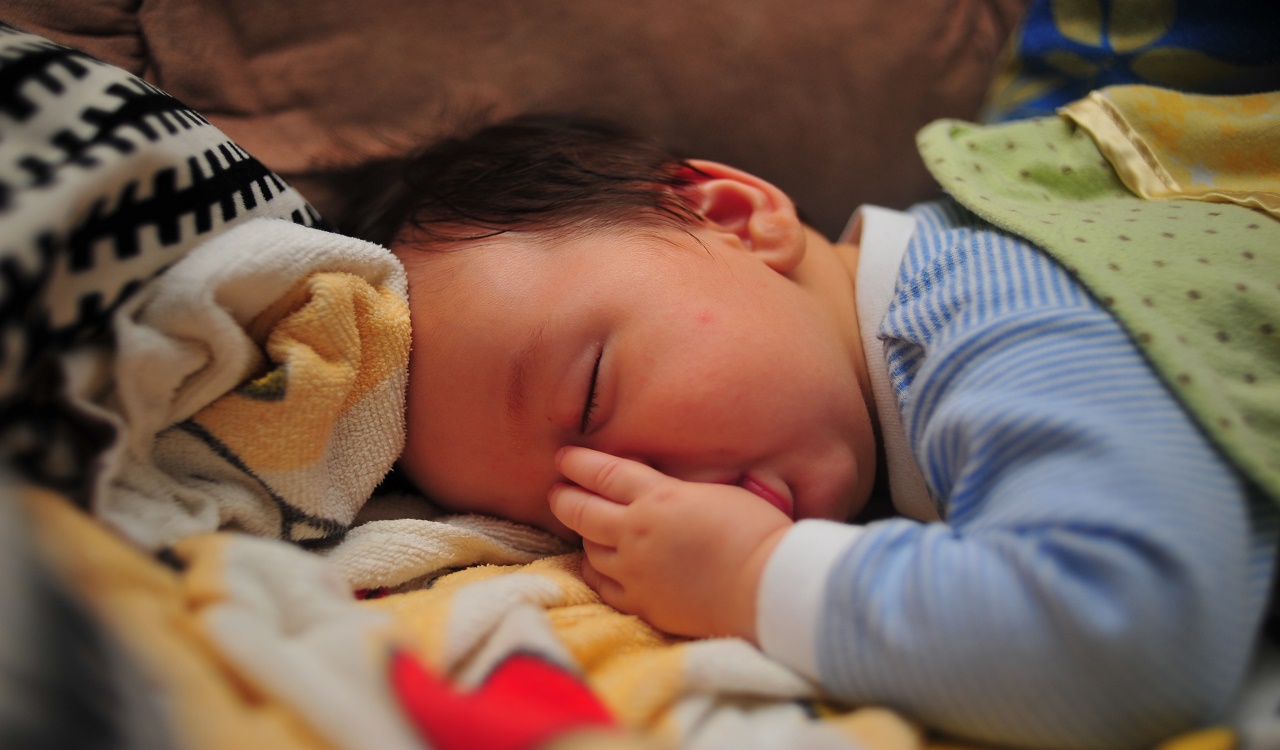
Babies and young children who suck their thumbs or bite their nails seem to be less prone to allergies, according to New Zealand researchers. The study supports the hypothesis that exposure to microorganisms early in life reduces the risk of developing allergies.
The researchers used data from an ongoing study known as the Dunedin Multidisciplinary Health and Development Study, with more than 1,000 children born in New Zealand in 1972 or 1973.
In the study, 1,037 children were compared at an age of five, seven, nine and eleven. They were categorized into different groups based on if they were sucking their thumbs or biting their nails.
The researchers then tested the children for allergies using a skin-prick test when they were 13, and then followed up again when they were 32.
49 percent of 13-year old’s who neither sucked their thumbs or were biting their nails had at least one allergy, while the figure was 38 percent for those who had at least one of the habits.
For the children who were both thumb-sucking and nail-biting, the proportion was 31 percent. The results persisted at age 32, but only for the children who did both.
This correlation persisted even when the researchers took into account potentially confounding factors that may also affect a person’s risk of allergies, such as whether their parents had allergies, whether they owned pets, whether they were breastfed as infants and whether their parents smoked.
These results are in line with other recent findings, such as a study published in 2013 (Hesselmar B et al), which found that children whose mothers sucked the kids’ pacifiers clean had a lower risk of developing allergies.
However, it should be noted that the thumb-sucking and nail-biting could be indicative behaviors that thwart allergic reactions – being strongly correlated rather than having a direct causal relationship.
The new findings do support the so-called hygiene hypothesis, which holds that a lack of early childhood exposure to infectious agents, symbiotic microorganisms (such as the gut flora or probiotics), and parasites increase susceptibility to allergic diseases by suppressing the natural development of the immune system.
The study Thumb-Sucking, Nail-Biting, and Atopic Sensitization, Asthma, and Hay Fever is published this week in the scientific journal Pediatrics.
_______________
Hesselmar B1, Sjöberg F, Saalman R, Aberg N, Adlerberth I, Wold AE. Pacifier cleaning practices and risk of allergy development.
Stephanie J. Lynch, Malcolm R. Sears, Robert J. Hancox Thumb-Sucking, Nail-Biting, and Atopic Sensitization, Asthma, and Hay Fever
______________________________

